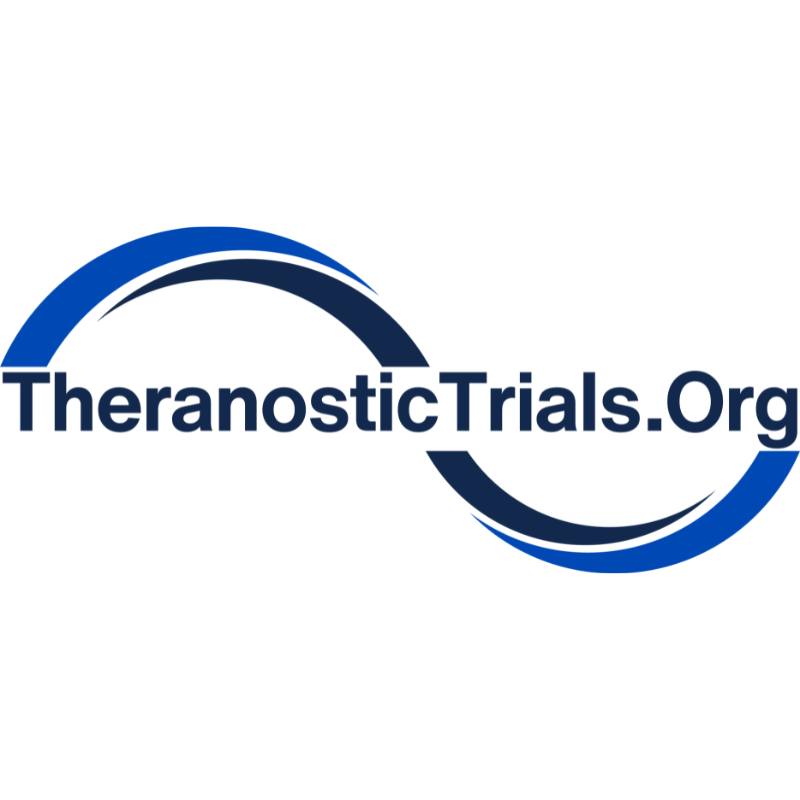- Theranostic Insights🧪
- Posts
- 🧪 Theranostics Newsletter | 03.2025 Edition
🧪 Theranostics Newsletter | 03.2025 Edition
Information & Insights From The Experts
Here’s your latest dose of Theranostic Insights—a curated snapshot of what’s new and next in the world of theranostics powered by TheranosticTrials.org. From clinical breakthroughs to tech trends, we’ve got the highlights you need to stay ahead.
Latest Theranostics News 📰
Telix Enhances Radiopharmaceutical Production with Lead-212 Capability
Telix Pharmaceuticals has developed and validated an advanced generator technology for producing lead-212 (212 Pb), a promising alpha-emitting isotope for targeted cancer therapies. This fully automated, high-output generator features a compact, single hot cell footprint and can produce sufficient 212 Pb elution for up to 60 clinical doses daily. This innovation positions Telix to significantly advance the development and commercialization of 212 Pb-based radiopharmaceuticals, potentially improving treatment outcomes for patients with various cancers. Continue reading here.
FDA Grants Fast Track Designation to Perspective Therapeutics’ VMT-a-GEN
Perspective Therapeutics has received FDA Fast Track Designation for VMT-a-GEN, a novel theranostic agent designed to target and treat specific cancers. This designation highlights the therapy's potential to address unmet needs in oncology and will accelerate its development and review. Clinical trials are expected to begin in the coming months.
Continue reading here.
Real-World Data Shows Lutetium-177 PSMA Therapy Outperforms Cabazitaxel in mCRPC
In a real-world analysis presented at ASCO-GU 2025, Dr. Mike Wenzel compared 177Lu-PSMA radioligand therapy with cabazitaxel in patients with metastatic castration-resistant prostate cancer (mCRPC) using Germany's FRAMCAP database. Despite patients in the lutetium group having poorer baseline characteristics, they experienced significantly longer progression-free survival (13 vs. 7 months), with a trend toward improved overall survival. Outcomes were consistent with results from the VISION and TheraP trials, and those who received both treatments sequentially fared best. Challenges around access and coordination for lutetium therapy were also highlighted, echoing global concerns. Watch it here.
FES-PET Enhances Staging in Low-Grade ER-Positive Breast Cancer
A recent pilot study suggests that F-18 fluoroestradiol (FES) PET imaging may improve staging accuracy for patients with grade 1 or 2 estrogen receptor-positive breast cancer compared to traditional F-18 FDG-PET. Conducted by researchers from the Free University of Amsterdam, the study found that FES-PET correctly staged 83% of participants, versus 71% with FDG-PET, particularly excelling in assessing regional lymph nodes. These findings indicate FES-PET's potential as a valuable tool for primary staging in this patient group. Continue reading here.
Novel Radiotracer Targets Triple-Negative Breast Cancer Biomarker
Researchers have developed a new PET radiotracer that effectively visualizes Nectin-4, an emerging biomarker prevalent in triple-negative breast cancer (TNBC). This advancement holds potential for improved detection and treatment strategies for TNBC patients. Continue reading here.
